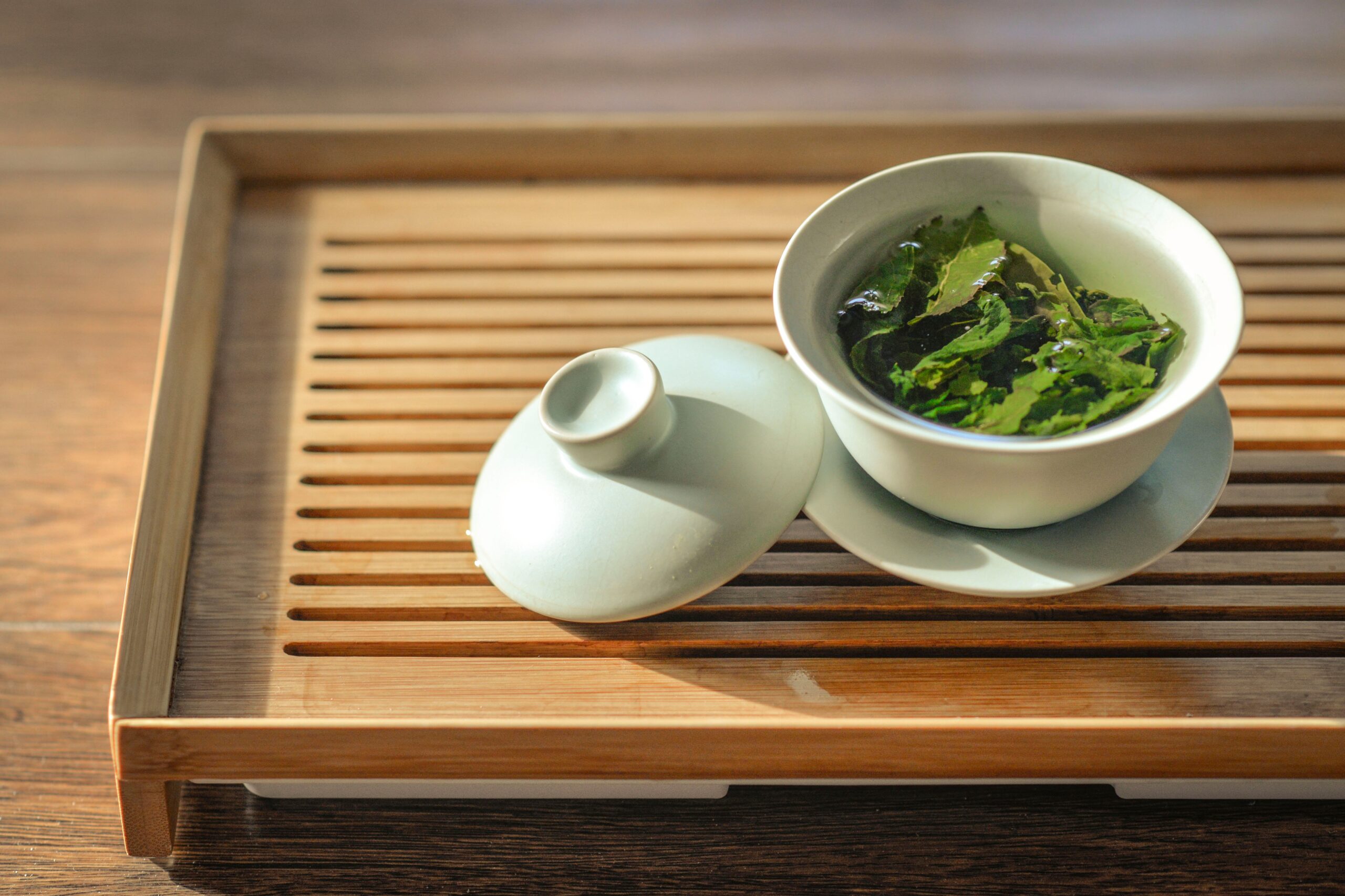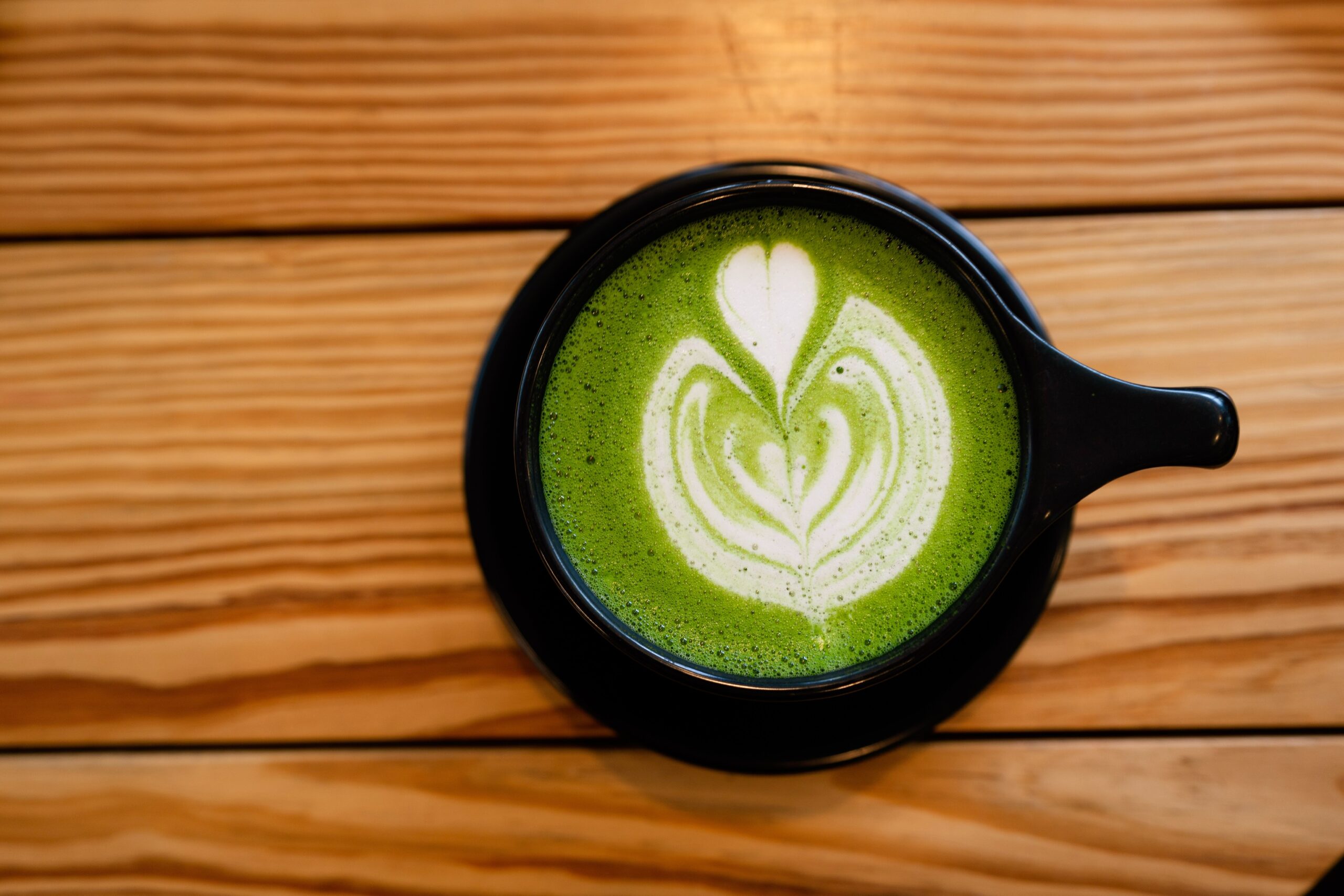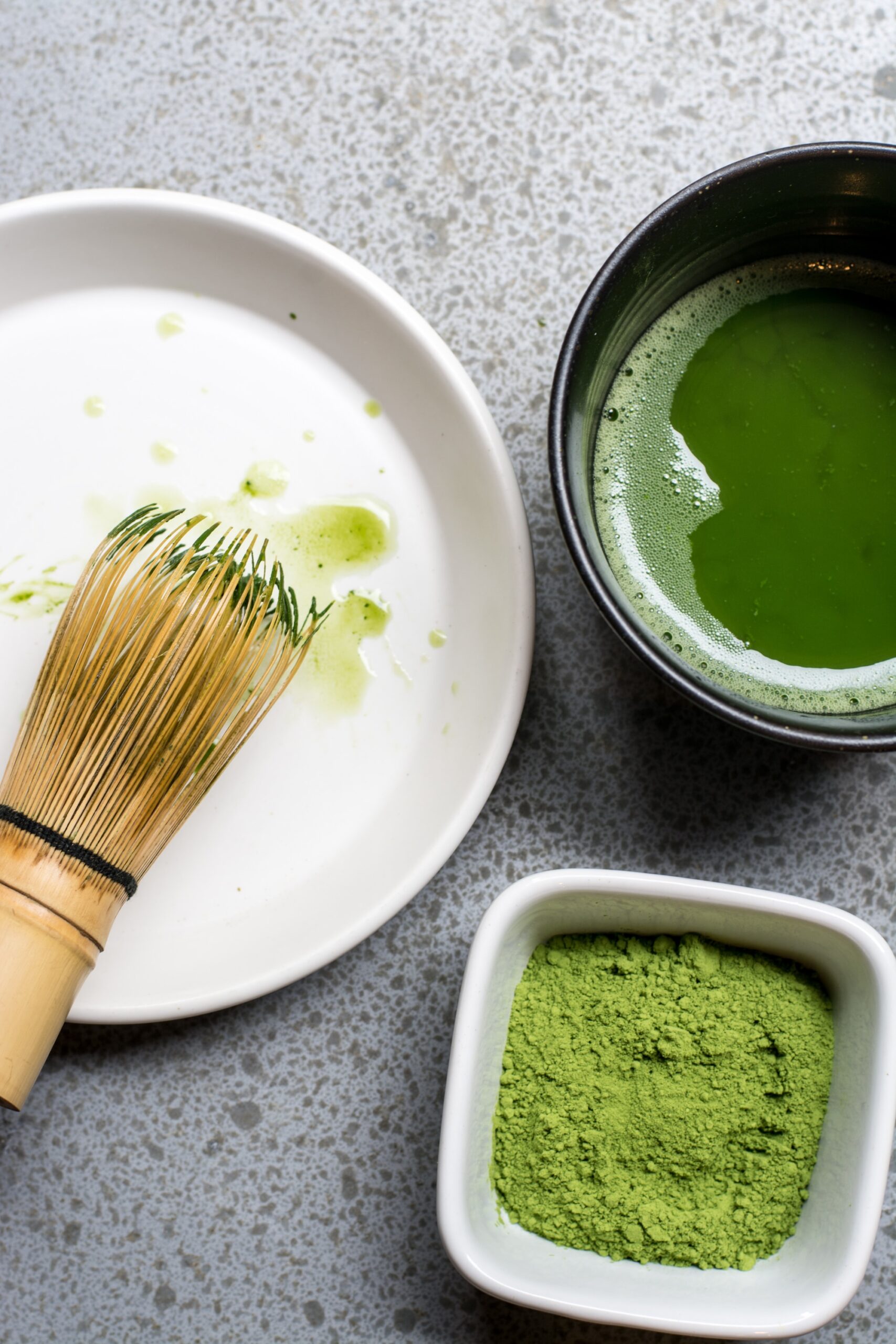Green Tea for ADHD
Courtney Cosby | ADD Resources, Diet|Updated: April 21, 2025
Table of Contents

Whether you are a parent with a child who has been diagnosed with attention deficit hyperactivity disorder (ADHD or ADD) or you are the one with the condition, you recognize how difficult and stressful the condition can be. People, including children, with ADHD or related symptoms often feel worried and anxious. Children with ADHD may need special attention during school. People of all ages with the disorder may be easily aggravated or get fidgety when their medication wears off at certain points during the day.
Thanks to new medical research, some relief from symptoms may be found as something as safe and natural as a cup of tea. This is great since many anti-anxiety drugs come along with unwanted side effects, such as increased anxiety.
Green tea has been praised for its many health benefits for ages. It is native to China and India and has gained popularity in the US only recently.
All teas, with the exception of herbal teas, are brewed from the leaves of the Camellia sinensis bush, which are dried. The oxidation level within the leaves determines the type of tea. The leaves of green tea are un-oxidized and are of the least processed types of all teas, leaving the most beneficial polyphenols and antioxidants in the final product.

Green tea has been used to aid digestion, heal wounds, improve heart health and regulate body temperature in addition to improving mental health.
For those who deal with ADHD, the benefits of green tea can:
- Increase learning and concentration
- Calm the mind while focusing attention without adversely impacting alertness like many medications
- Provide restful and deep sleep
The Role of L-Theanine in Green Tea
A lot of the benefits of green tea are due to the workhorse compound, L-Theanine. L-Theanine is classified as a free amino acid. Synthetic supplementation of L-Theanine was found to activate alpha brain waves in human studies, which pointed toward the presence of an alert, yet relaxed state of mind. Alpha waves have also been noted to be present during meditation.
Animal Studies determined that L-Theanine was able to increase concentrations of GABA, dopamine and serotonin in the brain – each of which are essential neurotransmitters that work to regulate mood disorders, including depression, anxiety and attention deficit hyperactivity disorder.
L-Theanine may be a potential modulator for people with ADHD because their symptoms are frequently associated with low levels of dopamine.
This substance is also known to promote relaxation and reduce stress while increasing the quality of sleep. Children who have ADHD have been able to experience better sleep with a supplementation of L-Theanine in 400mg doses.
The benefits don’t stop there. Many people know that elevated stress hormones, like adrenaline and cortisol, are linked with anxiety and depression. But research has found L-Theanine to be able to reduce stress levels and also to reduce blood pressure and anxiety.
A new study from Japan recently discovered that daily supplementation of L-theanine might help people who suffer from anxiety to better focus on their daily activities. This is a big step for those with dual diagnosis of attention deficit hyperactivity disorder with anxiety.

During the study, participants’ electrical activity was measured. It was found that participants who received L-theanine displayed increased brain waves. Additionally, those who were given the green tea compound rather than a placebo had improved attention, slowed heart rates and better reaction times. This is a major improvement over many conventional treatments for anxiety that come along with side effects like impaired concentration, slowed reflexes and increased drowsiness.
Only low levels of L-Theanine are present in green tea leaves itself (less than 2 percent). The most effective dosage levels for symptoms lie between 100 – 200mg/day, meaning that supplementation is a better option.
Green tea may be most helpful when given late in the afternoon or early evening. Green tea, when given later in the day, can support more restful sleep, allowing for better concentration and focus into the next day.
Green Tea, Caffeine and ADHD
Green tea along with L-Theanine contains caffeine. Caffeine and L-Theanine work together synergistically to improve reaction times, attention tasks and working memory. Studies have linked caffeine intake with improved cognition and lowered symptoms of depression. Green tea is also filled with antioxidants, which can decrease inflammation (another common sign of degenerative brain conditions). Green tea may help with brain function, so drink up!

Ways to Drink Green Tea for ADHD
Although many people enjoy a hot, fragrant cup of green tea, sometimes it is nice to change things up. And for others, it may simply not be their jam. If you want to reap the benefits of green tea but want something more than a hot cuppa, try these other ways to enjoy green tea and the bounty of antioxidants and L-theanine within:
- Enjoy cold brew green tea. Brew it cold and let it sit out overnight rather than pouring hot water over the leaves. It makes a subtly difference flavored product and is delicious cold.
- Add a spoonful of matcha powder or brewed green tea to a smoothie!
- Mix it with other herbs, like mint or chamomile.
- Make matcha ice cream, which is a fantastic addition to creamy treats, like ice cream and yogurt. You can make your own or mix some powder into a pre-made dairy treat.
- Try pickled tea! It is called lahpet and it is native to Burma. It makes really good salads!
The symptoms of ADHD can be difficult to deal with. Sometimes the side effects of medications make it seem worse. Although green tea may not be the solution to helping with symptoms of ADHD, there is promising evidence for its ability to keep some symptoms under better control. It is important to talk with your doctor or a health professional to find out where to buy green tea from a reputable manufacturer.

Get More Focused Today
Enter your email below for instant access to 5 strategies for unleashing your ADD and ADHD.
Do you recommend a green tea supplement in pill form? I know GNC and Smoothie King used to have one that I loved using, prior to my ADHD diagnosis- but from what I’m reading most places, it’s recommending only the powder forms than any pill forms. I am horrible at a consistent smoothie or drink mixture routine- but do well with my pill organizer.
Let me know your advice! Thanks for the great article on this! Education is power!
Courtney, What brand of green tea has the ingredients for the optimum help with ADHD in an adult?
Thank You!